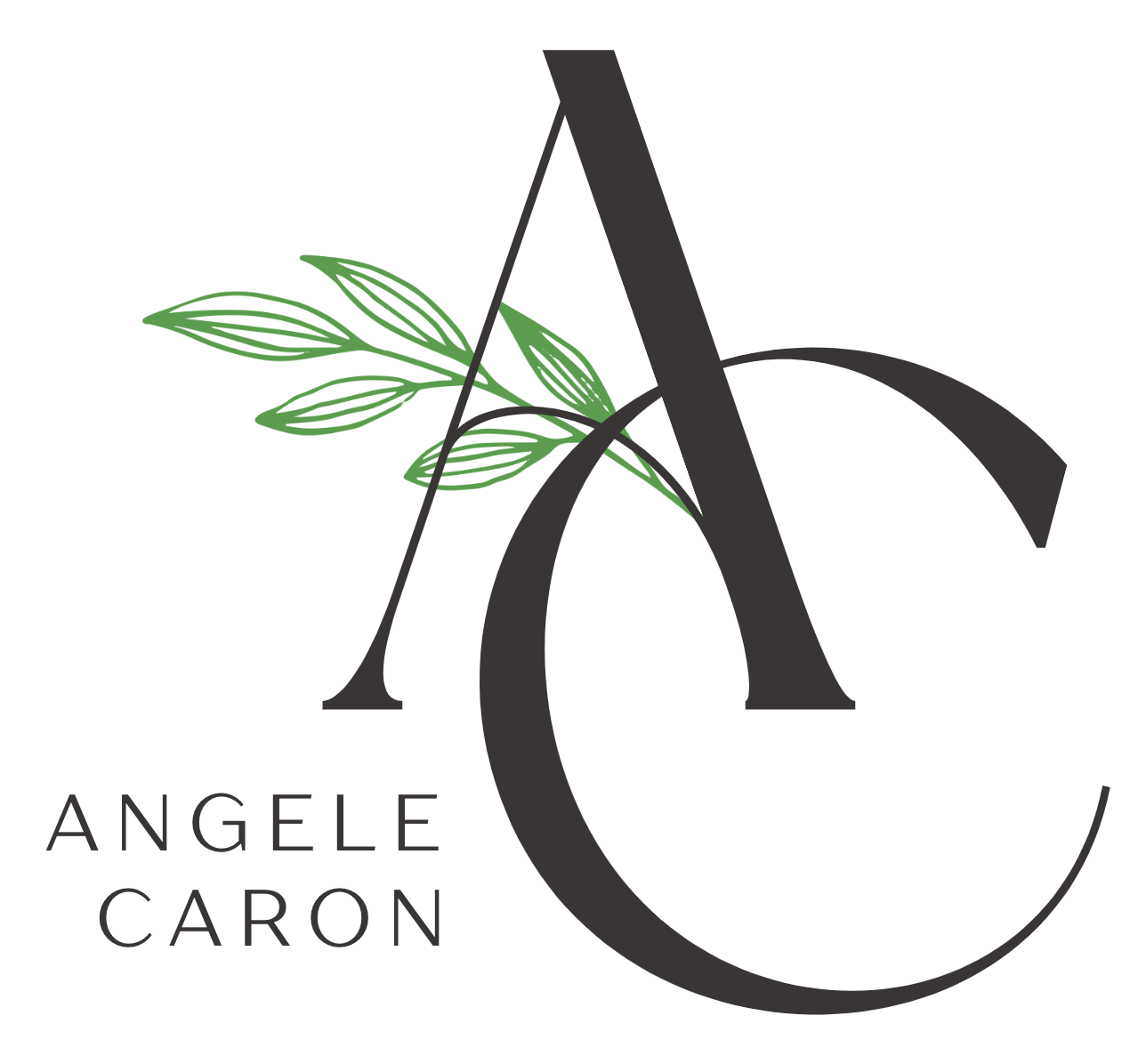All therapists work based on their own life experiences, their own world views, and the therapeutic modalities that best fit with their own ideas of how people create change. There are hundreds of ways to interpret the world we live in and hundreds more ways in which to understand our own experiences within our environments.
Most therapists will provide a free initial consultation to determine if you are a good fit for them. This is a great opportunity for you to determine if they are a good fit for you, too. I always tell potential clients that it’s an opportunity for them to interview me. Or just think of it as a first date.
Here are 3 things to consider as you search for a therapist:
There are many misconceptions about therapy and how it works. After a recent conversation with someone hesitant to reach out to a therapist, three of these misconceptions emerged as blocks for seeking help:
- You do not need to have all the answers before you start. This might seem obvious but, for some, it takes a lot of courage to reach out for help, and not knowing why one needs help can be just as debilitating as the fact of needing help. Just knowing that you don’t need to know what to talk about with a therapist before you begin can relieve some of the pressure of finding someone to talk to.
- The therapy process is collaborative. We often see therapists depicted in TV and film as the omniscient, and sometimes silent, authority on our psyche. This is never the truth. Therapists don’t have all the answers – you do. The therapist is only there as a guide. The most productive work in the therapy room comes with a collaborative effort from both therapist and client.
- You have a choice! You have full autonomy to choose the therapist that is right for you. If you start working with a therapist and something just doesn’t feel right, you don’t feel like you connect, not only is it ok, but it’s your right to tell your therapist. Your therapist has an ethical obligation to help you decide what this means for you. If you just feel that the therapist is not a good fit, your therapist has an ethical obligation to provide you referrals to therapists in their network that might be a better fit.
Looking for a therapist?
Again, it’s kind of like online dating. You don’t need – and most likely don’t have – all the answers before you begin your search, it takes both partners to make a relationship work, and not everyone is a good match for you and that’s ok. There are a lot of people/therapists out there and it might take a lot of sorting – don’t give up!

